Mississippi
Stop Shifting Blame, Ignoring Opinion | Black Families Who Lose Loved Ones to Violence
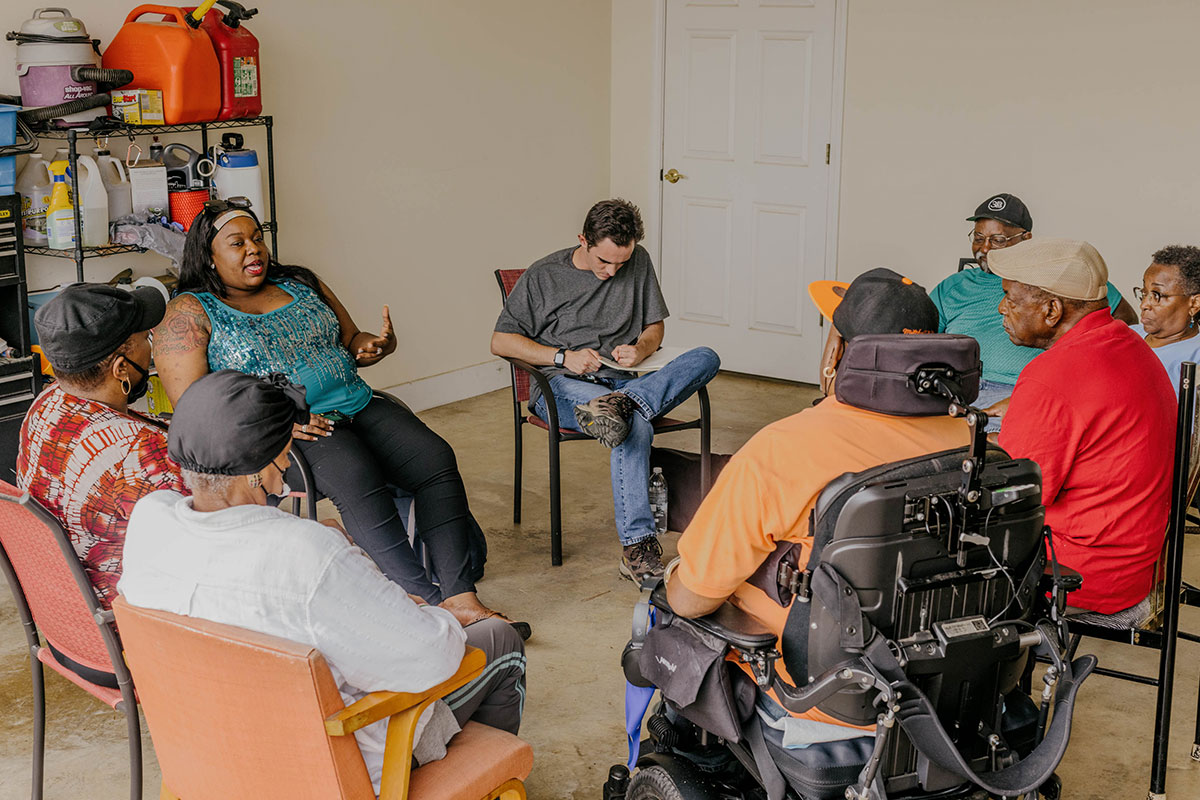
This is Part 3 in the MFP’s Mitchell family series for the Rural News Network. Read Part 1 and Part 3.
Warning: This essay contains detailed descriptions of violence, including murder, substance abuse and associated trauma.
I was sitting next to Ollie Mitchell in her son Dennis’ garage in September as she talked about her late husband Harry’s alcoholism and vicious mood swings when he was drunk. He could become violent, she made clear, and it was continual chaos for her and her children. I’d heard her tell detailed and honest stories about his addiction the previous November in the same place in West Oxford.
I also listened to her daughter Halleane Isom talk about how, as an adult, she had to put her dad out of her house due to a drunken episode. They then were estranged for three months before reuniting.
As I listened, and as I’m writing now with tears leaking out onto my face, my own memories of both my alcoholic fathers came flooding back. Like members of the Mitchell family, my mother and I loved both my real dad and later my stepdad dearly. They were both characters who loved life and those around them—and alcohol could turn them both into monsters. Both abused my mother. Both brought turmoil to my young life, as I told Mrs. Mitchell in September while thanking her for being honest about Mr. Mitchell.
“I’ve been there, too,” I told her and her family. “He reminds me of my dad.”
There Are No Angels, But …
As I teach in my writing classes, there are no angels—and our readers are more likely to identify with people of other races and backgrounds when we include their challenges, their full humanity. Real human stories don’t read like glowing press releases.
It should also go without saying that, despite our flaws, no one deserves to be bludgeoned to death and dumped over the side of a bridge. And when such brutality happens, law enforcement and media should give all of us, our families and the investigation of our loved one’s death the same care, attention and respect.
But this often doesn’t happen for Black and Brown people in our state and nation.
Some lives are valued more than others. Some families are respected less than others. Police and the public assume not-white crime victims must, must be guilty of something. And way too often, white people don’t want to talk about the obvious disparities in how society responds or even the tragedy of the victims’ deaths.
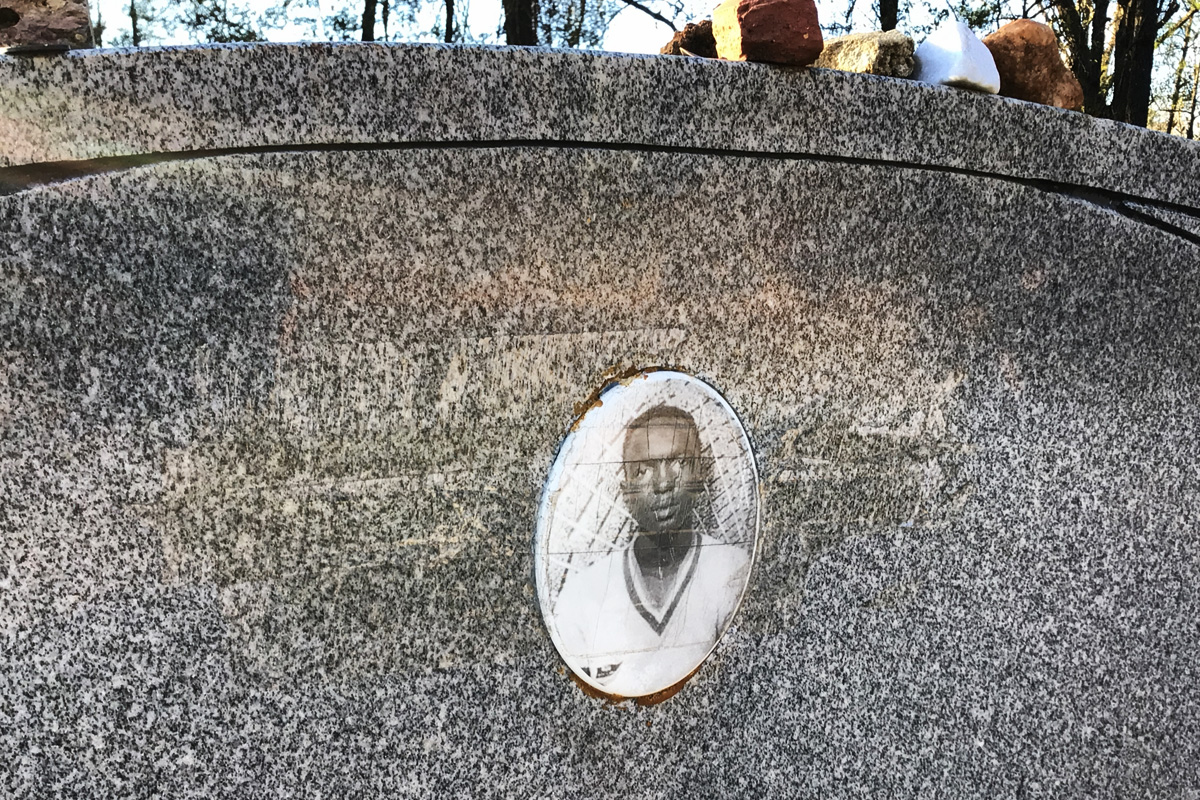
I’ll never forget Angela Lewis, the daughter of KKK-executed James Chaney from Meridian, telling a Glamour magazine writer in 2004 that “It was important for me to hear white people voicing that outrage” after hearing the now-deceased white Neshoba Democrat editor Stanley Dearman and I talk in front of her about the need for justice for the mob murder of her dad, Andrew Goodman and Michael Schwerner decades later.
“I’d never known there was that much concern for justice for my father in the white community.”
Wait, what? James Chaney’s daughter hadn’t heard white Mississippians say those things by 2004? That truth, and the racist reality they reveal, hit me like a brick and have stuck to me like Velcro. Her words taught me to zoom in closely on how white silence or disinterest adds to Black families’ trauma ever since.
No Big Fish In the Fryer
I’ve thought about how Black families, especially, are treated when they lose loved ones to violence—and the trauma and fear that collective silence or blame causes—for decades now. And I’ve heard virtually the same stories over and over again—the words and pain about being ignored and forgotten that seldom appear in high-profile “cold case” stories, which are typically focused on locking up an old Klansman and maybe winning an award.
Nothing wrong with either of those outcomes, mind you. But what’s often lost for white reporters doing this work is deep and wide empathy for how Black families who have lost loved ones to violence are treated by society, law enforcement, their communities or even reporters swooping in for a high-profile win, even as the families drive these investigations with their courage and tenacity. And if they can’t name a suspect, the stories about the families often just don’t get published. No big fish in the fryer, so no story about a grieving family.
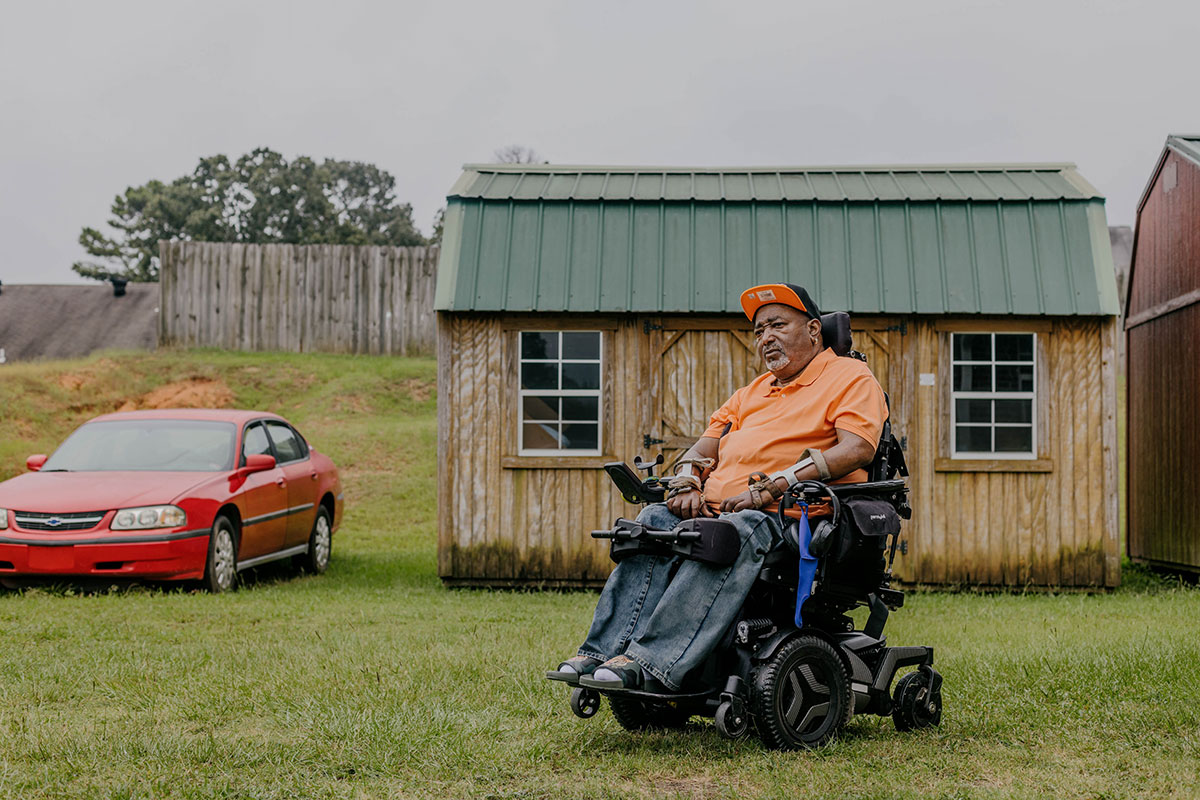
Christian Middleton is doing it differently as you will see from his first installment in his investigation of the death of Harry Mitchell in Lafayette County in 1991—the story is about the family’s treatment and subsequent pain of being cast aside.
In the piece, you will see how the state’s lead newspaper apparently ignored this story even while publishing big front-page stories during the same months about a white man apprehended for killing white family members with then-Sheriff Buddy East frog-marching him for the cameras.
When it comes to media coverage of violence, white victims matter more. Prove me wrong. Seriously.
I think of so many Black mothers and fathers who have talked to me and our journalists for years about law enforcement, Black and white, treating them suspiciously when their child was murdered—focusing on crime stats rather than historic and current conditions that lead to violence.
The immediate vibe often is: What did she do to deserve it? Why was he in that neighborhood? In their times of the worst possible grief, parents end up asked to defend their murdered children who are not and often never will be proved guilty, as Oresa Napper-Williams talks to Christian about in his story. After losing her son to a stray bullet in Brooklyn, N.Y., police and even an emergency-room physician treated her like her son was guilty of a crime.
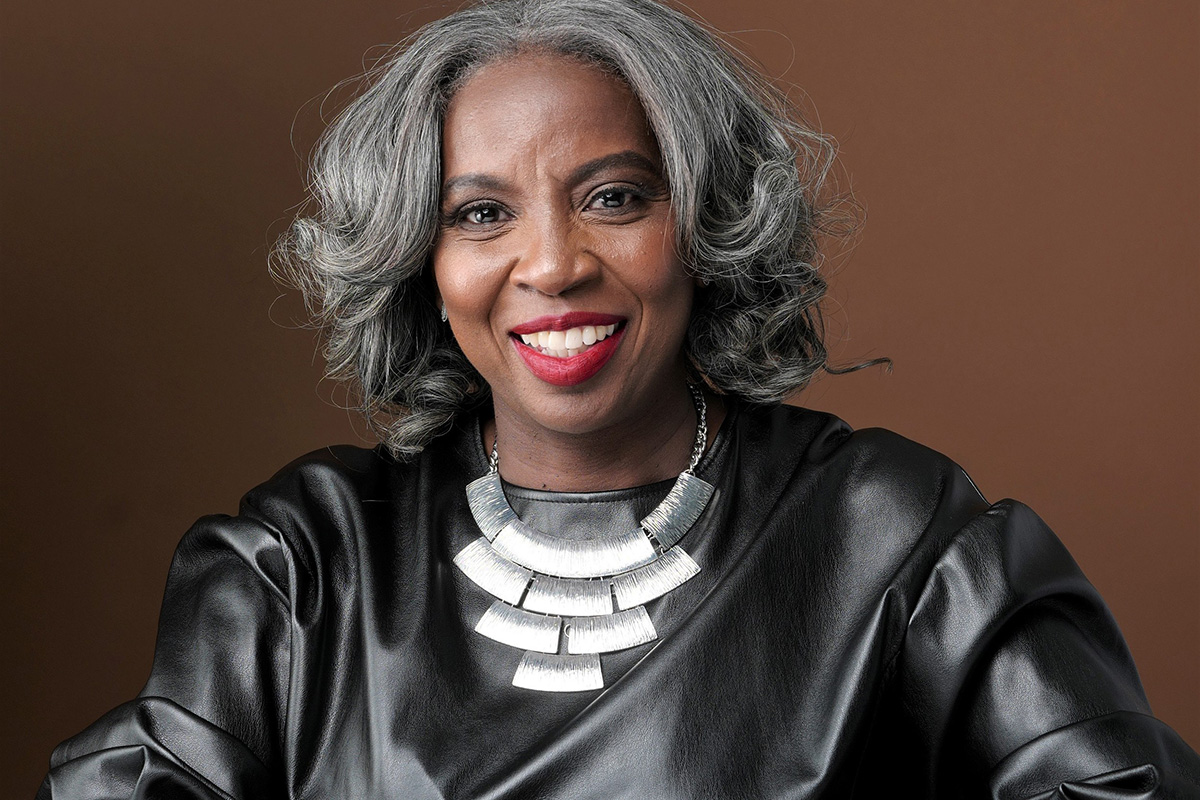
Oresa, now a friend, was a source for me in New York City, and invited me to meet many Black and Brown families who had lost family members over the last 10 years—and all were treated and often dismissed in the same way as I learned accompanying her to church choir practice in East New York, as well as funerals for violence victims and group discussions with families she helps code with the trauma in East Flatbush and Crown Heights. She tucked me under her immense and loving wings and taught me what I was hungry to learn. She now guides the NYPD in better cultural competency with families who have lost loved ones, and she is now giving solutions advice to the Lafayette County sheriff and other Mississippi agencies to help the Mitchell family in Christian’s story.
The truth is that these racist assumptions are so implicit and ingrained across the U.S. (yes, even among white liberals who love to get them some catfish in the country) that law enforcement and others often don’t know they’re doing it. That’s not an excuse, though.
Christian’s story, and interviews with the Mitchell family and Oresa about solutions, should be a sharp reminder and turning point for us in Mississippi and across the U.S.. If we choose to heed the message.
If we don’t decide to actively notice and change these racist guilt presumptions about victims of color, their families will continue to suffer, often in fearful silence.
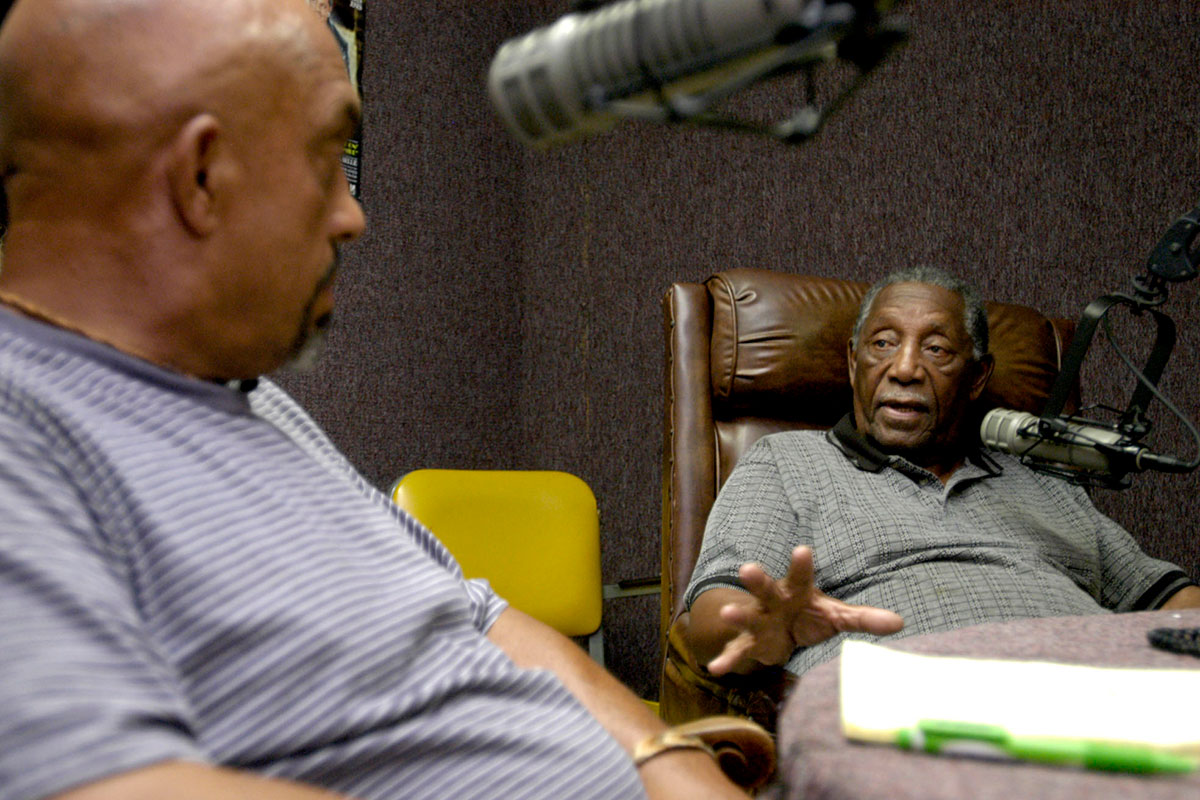
I was standing with Thomas Moore, photographer Kate Medley, and our media collaborator, a Canadian Broadcasting Corp. videographer, over the grave of his brother Charles Moore near Meadville, Miss., in 2005 when Mr. Moore said something that slapped my whiteness right in the face.
First, the setting (here’s a fuller timeline). In 1964, Klansmen James Ford Seale and Charles Marcus Edwards picked up young Charles and his friend Henry Dee in Meadville and took them into the Homochitto National Forest and tied them to trees. Then they beat them almost to death with long bean sticks, as we call them here, to try to get them to tell them where Black people were hiding guns.
Upon arrival in the area to do the reporting, the local DA had given our team FBI records that had long gone unreported—journalists had decided years before that the main suspects (Seale) was dead, so had moved on, grrrr. But the FBI records showed that the federal agency had intensely investigated the murders, obtained evidence and turned it over to local law enforcement who even arrested Seale and Edwards. But, predictably, white prosecutors in the 1960s refused to pursue it and released the men to go home to their families.
But here’s the relevant thing: Nobody ever updated the Moore and Dee families that any of that ever happened. Thomas Moore and his mother Mazie did not know that the feds took the case seriously. They didn’t know there was evidence because, like with the Mitchell family now, nobody was bothering to treat them with the dignity of telling them a damn substantive thing.
What Thomas Moore told me standing under the tree was that his mother forbade him from ever speaking not just about the murder, but about his little brother, again. She was terrified that the same thing would happen to him. I will never forget hearing that a mother wanted her son’s memory buried in order to protect her other one—something it’s hard to imagine a white family even considering.
The burden of being white and the need to help restore historic memory has never been stronger for me than at that moment.
Imagine never knowing your beloved son’s murder was actually investigated and feeling that even uttering his name could get more family members killed. That is many Black families’ reality, still.
No Way to Run a Society
Make no mistake: Black families like the Mitchells still, in the 21st century, process and weigh fear of what could happen if they decide to step forward and tell the whole story from their point of view. This family talked with us about it extensively—they still had some fear of retribution, but they want justice if possible still, and they don’t want other families to be treated as they have been for 32 years. They decided to tell their story, although some declined to have their faces appear in photographs. In 2023.
Mothers who lose sons to gun violence in Jackson and beyond have courage I can barely imagine when they, like Oresa, decide to challenge law-enforcement’s blame-soaked treatment of them.
And don’t forget: James Chaney’s family hid his daughter’s very existence for many years after Klansmen and law enforcement killed him and his anti-racism partners after abducting them in my hometown. They did it to protect his baby.
This is no way to run a society, especially one that claims to be civilized. But to change it, it’s going to take a lot of self-awareness on the part of us all. If we’re white, we cannot assume it’s not our problem or that we don’t have or uphold the same blindness. If we live in a county where a small news brief indicates a brutal murder of a Black man, do we talk about it and demand full attention of law enforcement? (That especially means you, journalists and editors.)
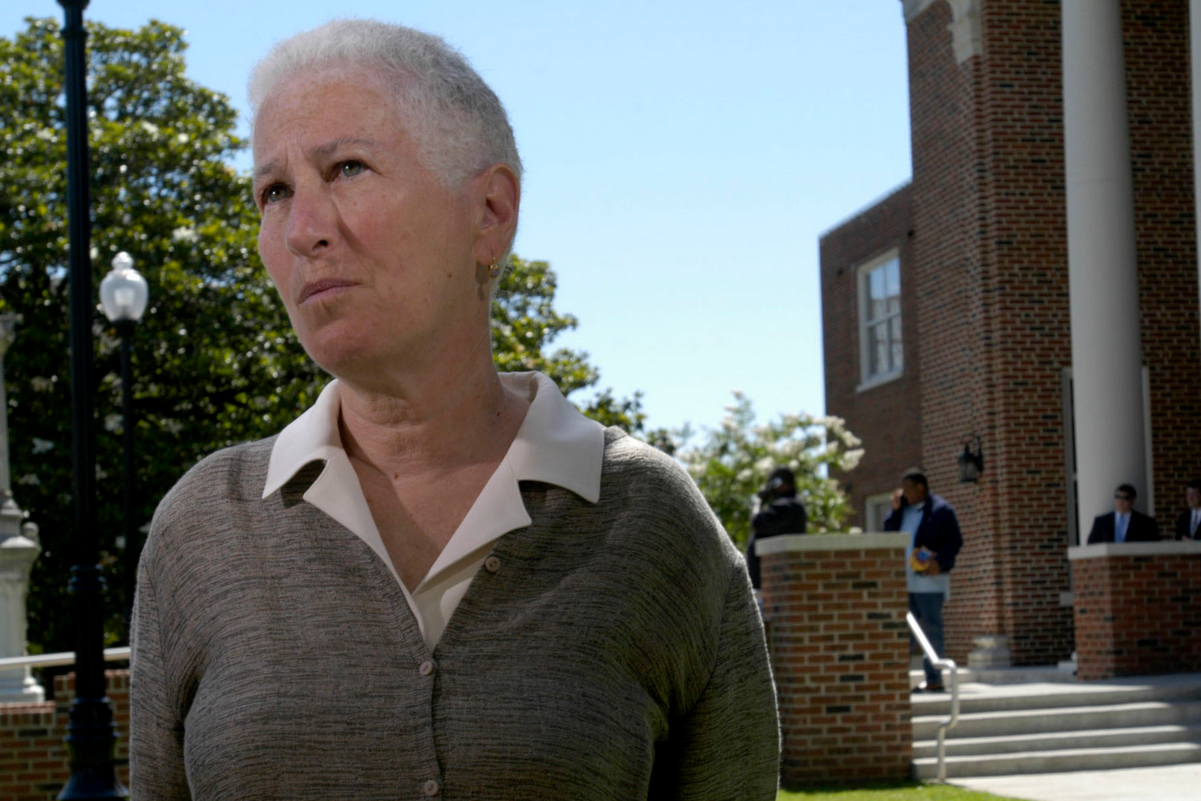
How much time are reporters spending listening deeply to families like the Mitchells and absorbing the whole story, not just trying to reel in a big conviction? I decided to do the Dee-Moore investigation and report long-buried stories while believing older reporters that no one was left alive to convict. I did it anyway to focus on a murder without white victims, as Rita Schwerner challenged media to do outside Edgar Ray Killen’s trial, what happened to families targeted by race terrorists and the need for white Mississippians born and raised here to step up.
What I learned over those months widened my lens on my state and the world.
We cannot tell you yet who killed Harry Mitchell and what race they were, and we may never know. But there are lessons here that transcend even delayed justice about how whiteness blinds many of us to others’ realities.
My final questions for all white folks: Do you stop to consider the effects of our blind spots on basic human responses—such as assuming a slain Black man must’ve been guilty of something. Or might you assume that he did something wrong enough to get him killed due to his alcoholism, even as the disease is shared across groups and races? Do you believe he deserves to have died that way and been forgotten outside his family?
These assumptions about a different race are key symptoms and indicators of white supremacy beliefs, intentional or not.
Plus: Do you notice de facto segregation or absence of people in places we frequent or dine, or in our workplaces or newsrooms you trust? Being constantly shielded by the excuses of whiteness creates blind spots and myths that, in turn, blames a Black or Brown man, or their families, for their murders. Or causes an editor to shrug his shoulders if there isn’t that big fish to reel in.
Mr. Mitchell’s brother-in-law Douglas Hill told Christian in one of their many talks: “Now, I believe if it’d been your folks that had been murdered down here, they’d have found somebody.”
I agree with Mr. Hill. The Mitchell family has much to teach us all if we’ll pull a chair and listen.
This MFP Voices essay does not necessarily represent the views of the Mississippi Free Press, its staff or board members. To submit an opinion for the MFP Voices section, send up to 1,200 words and sources fact-checking the included information to azia@mississippifreepress.org. We welcome a wide variety of viewpoints.













You must be logged in to post a comment Login